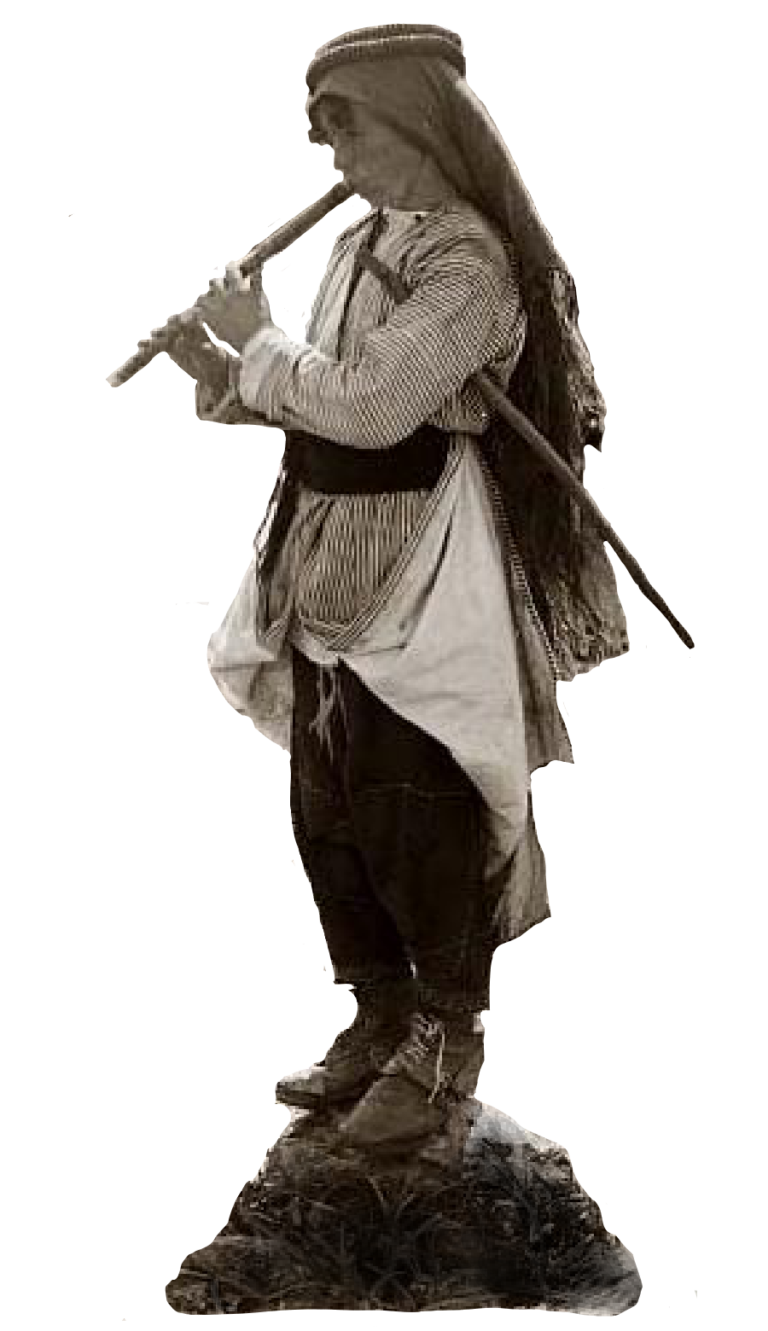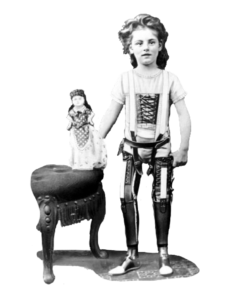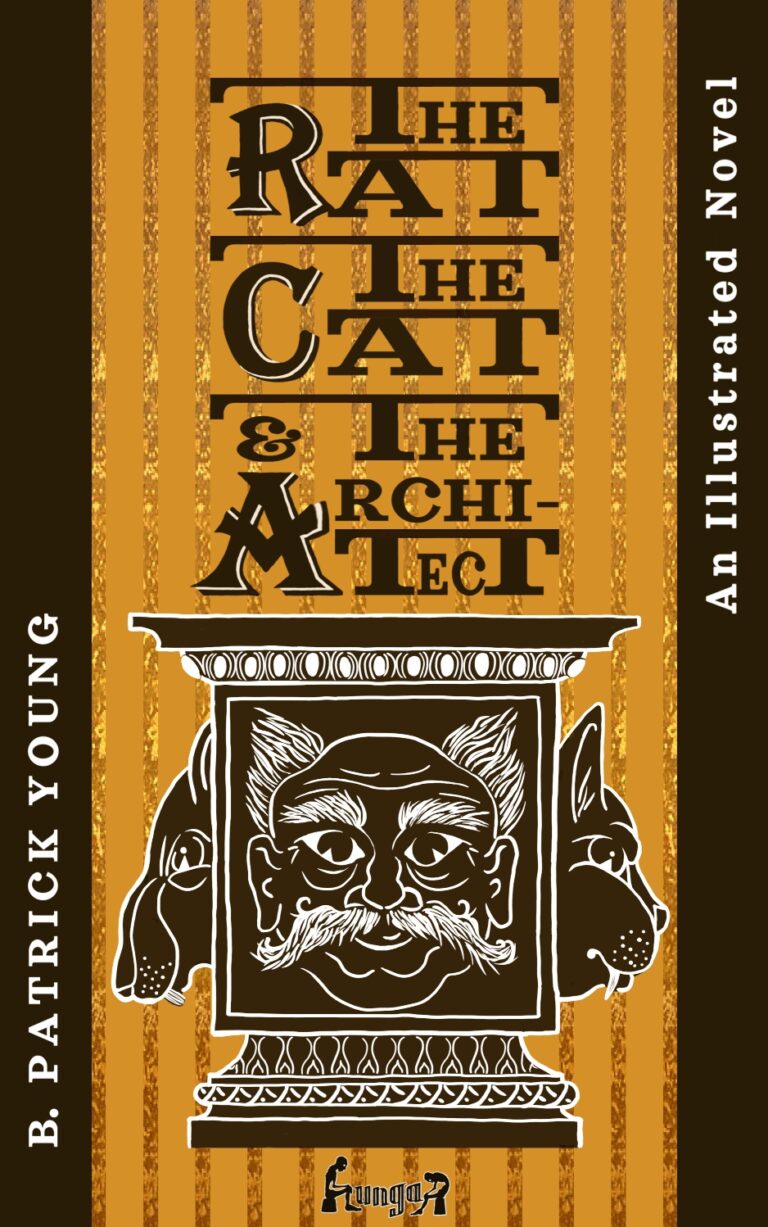
Thank you.
Your message has been sent and will receive a response.
Meanwhile, you can access
HunGar Book Galley
By clicking HERE.
It defies description; indeed, its description is forbidden. None may behold it save those permitted to dine there.
Nothing has yet been said with regard to the first-class accommodations of the Vessel, and indeed these are so extensive that there is scarcely space to treat them with the fullness that they deserve, and even a brief mention of each aspect in summary fashion would run to so many pages as to weary even the most ardent enthusiast of the decorator’s art. It may be taken for granted, none the less, that accommodations for first-class passengers are most commodious, up-to-date, and tasteful, and in every respect a worthy complement to this fine Ship. No detail contributing to the comfort of passengers has been omitted from the private staterooms, elegantly panelled in rosewood, makore, satinwood, and other rare species, while the palatial suites on ‘A’ Deck provide a very suitable setting for the brightest luminaries of society. It may be mentioned as an aside that on recent passages these latter suites have been occupied by, among others, His Highness Prince Willem, Heir to the Belgian Throne; the Marquis of Blanford; the poetess, Lady Haden-Wilcott; and Mr. and Mrs. Archibald Bragge, Mr. Bragge being Chairman of the New Caledonian Consolidated Holdings Company.
As may be expected, the public rooms are particularly impressive. These include the stately Smoking Lounge, intended primarily as a masculine haunt, where the elaborately carved panelling and grandly proportioned fireplace might lead the males congregated therein to fancy themselves in a hunting lodge in the Black Forest. With regard to the finer sex of the species, the exquisite and delicately detailed Reading and Writing Room provides an enchanting setting for ladies to fill out their postcards. There is a completely outfitted gymnasium and adjunct facilities where the younger and more athletically inclined gentlemen may engage compeers in games of squash, or try out their pugilistic skills with the mechanical boxer. Nor has man’s best friend been forgotten, for there are kennels provided which in regard to arrangement and cleanliness beggar comparison with the third-class quarters of many other vessels.
It is certainly the Dining Saloon, however, that is the heart of every modern liner, at least as far as the passengers are concerned, for it is the food and drink, and the surroundings in which they are consumed, that are above all how a ship is remembered, and the competition among the various lines in this regard has been fierce, to the great benefit of the ocean-going traveller, who can enjoy on the most recent liners a quality and diversity in the culinary arts that equal or even surpass what is to be found in the grand hotels of Europe, in surroundings that are every bit as palatial. It is fitting, therefore, to provide a more detailed description of the First-class Dining Saloon than is possible for the other arrangements of the Ship.
As has become usual practice, the saloon is located midship on one of the lower decks where the oscillations of the Vessel whilst under way will have least disturbance to the digestive process.
The splendid hall into which passengers congregate at dinner must certainly rank among the most lavish that ever put to sea. It is housed under nine elliptical domes as light and airy as balloons, and so diaphanous in appearance that the extenuated and stemlike colonnettes below them seem less intended to bear them up than to tether them down, lest they float away on a warm draught from the heating plant. These graceful columns divide at their tops into many branches and tendrils that then weave themselves into a fascinating pattern of lozenges and circlets filled in with glowing glass, the OSC monogram and other devices ingeniously worked into this fine iron lacework. Beneath the central dome is a fountain in the Italianate style where naiads of Carrara marble bathe their translucent limbs perilously proximate to the jaws of snapping turtles and caymans, whilst suspended cages contain a lively and vocal array of tropical birds with plumage like paper confetti: finches, toucans, parakeets, and birds of paradise with feathered headdresses. The slabs underfoot present fresh diversion to the eye, offering up in random profusion imprints of ferns, shells, many-footed trilobites, dunce-hatted nautili, various amphibious creatures, and other diminutive monsters, as if a whole devonian population had been preserved in a primordial ooze now turned to stone.
The walls are hung with Aubusson tapestries depicting mythic scenes of the great rivers of the globe. These are the Amazon, the Nile, the Yangtze, Ganges, Rhine, Thames, St. Lawrence, Mississippi, Congo, and the Euphrates. Below each scene is a small ornate booth, almost a chapel, where a comely maid or rustic lad fair-skinned, ebonied, or bronzed, standing, sitting, or reclining, slippered, sandalled, or barefoot, suitably attired in chiffon, buckskin, goat-hair, or feathers, in turban, cap, or with plaited hair, strums or softly pipes a plaint or paean of Love. On balconies over, cocktails and sherry glasses in their hands, ladies and gentlemen exchange pleasantries with acquaintances below, and their bright voices mingling sweetly with the birdsong, and the plashing fountains, and the amorous lays of Youth, envelope the ears of all who enter with caressing music.
And this delightful apartment is but antechamber to the dining saloon.

When trumpet blare beckons the first-class passengers to their dinner, they pass from the room just described through tall double doors. The right-hand door is of forged bronze, and it is divided into six panels on each side, the panels depicting, in relief, The Twelve Ages of Man. On the left, the door is of English oak from that royal wood sprung from the sapling first planted there by the hand of Elizabeth, Queen, and this door is illuminated with The Nine Labours of Woman. The first door requires the strength of six men armoured in the attire of Roman legionnaires to open. The other, unlocked with a key, swings open at the push of a golden tressed and unshod virgin.
Above the doors is an arched tympanum of whalebone intricately carved. In the centre of the composition is depicted Temperance Removing a Stone from her Shoe. On the left is The Olympians Disporting, and on the right is Opening of Parliament. In a radiating pattern around these figures are roundels showing various scenes both of Antiquity and the modern era. On the left are The Captivity of Proserpina, The Homecoming of Agamemnon, Ulysses Greeting his Dog, and Andromache among the Fishmongers. On the right are The Death of Voltaire, Darwin Landing on the Shores of the Galapagos Islands, Malthus in his Study, and Birth of Vanderbilt. Above the tympanum are various niches containing statues: Moses Dividing the Red Sea, St. Martin Dividing his Cloak, Constantine Dividing the Empire, and Luther Dividing the Church. These flank the central figures of The Shareholders Dividing their Dividends.
Through the double doors the passengers process solemnly in four files into a hall as vast and as rich as King Solomon’s temple. The columns, of which there are eight arranged in a peristyle, are of Egyptian porphyry. Their breadth is three cubits, and their height twenty-four. The peristyle is a diamond in plan, with geometries based on the equilateral triangle. The hall is ceilinged with hammered gold made from the bars that financed the Crimean War. The walls are panelled in the true wood of the Cross, and hung with drapes woven from the hairs of Muhammad’s wives. The chase gilt lamps that hang burn with the bile of forty-nine cross-eyed Moldavian spinsters who did not permit themselves a single day of joy in their lives, while the richly carved furnishings were afforded by a tidy profit the devil made on the sale of the amputated limbs of children. There is no floor as such, the contract for this having been awarded to a company set up as a tax shelter, and in its place is a dense and perplexing network of connections and loopholes, through which only those thoroughly familiar with its intricacies can pass without hindrance, and without getting caught like a fly in a web, and glide like fairy folk to the still grander spaces below. For, it is beneath this apartment that the actual banquet hall lies.


It defies description; indeed, its description is forbidden. None may behold it save those permitted to dine there. Photographs, illustrations, and views of any sort have never been published, and are strictly prohibited. In other words, its appearance is an absolute secret. But what of the servants who wait on the guests there? Have they not set eyes upon it? No, for only the blind, deaf, and mute may serve there. But here indeed, one may be assured, the bread of the angels is consumed. The bakery where those loaves are baked must defy the imagination. The gallons of human sweat it takes just to work the bellows for the furnaces of their vast ovens is practically immeasurable. And this bread is washed down by good wine, wine that evaporates on the tongue, wine so delicate that only the true connoisseur can distinguish it from the air. Only the whitest lambs and unblemished scapegoats are fit for the roasting fires. The cheeses are unrivalled, the sharp and the mild: Gaperon, Langres, Limburger, Roquefort, Brie de Meaux, Chevret, and dozens more. The dairies are veritable palaces in themselves. The butter is churned from fresh milk; cows are kept for this purpose, and they are milked by girls specially chosen for this task. These girls must have the quietest demeanour and the softest hands. Even so they are retained by the dairy only until their thirteenth birthdays, for after that their hands are considered too rough, and may impart an unpleasant taste to the milk. Everything is fresh. Only the best and finest is used, everything else is thrown to the cats. Even the rats live better than many a duke and duchess ashore, and are accustomed to pâté de foie gras, Bordeaux, and they will turn up their noses at caviar unless it is from the right part of the Black Sea. And as though all of this excess and gluttony were not enough, something delectably sweet always follows for dessert, accompanied by brandies and liqueurs.
It must not be imagined that the first-class passengers are required to remain seated for the entire duration of the meal. No, nothing so common as that, and in fact it would be impossible, for dinner is a longish event, having no definite conclusion, and in fact it goes on continuously and without end. So the passengers are at liberty to get up and stroll about, and there are a variety of adjoining rooms for this purpose, where one can repair at intervals, possibly to play a hand or two at cards, if one is in a companionable mood, or smoke if one is not, or listen to a concert, hear a lecture delivered by an eminent professor on the latest theories concerning magnetic fields, plan a merger, a divorce, have a religious conversion, write a will, or recover from nervous convulsions. Periodical withdrawals to the lavatories are also necessary, where the purgative rituals would astound and astonish the Emperor of China. How to convey in a few succinct words some idea of the exquisite delicacy, the imposing grandeur, the Byzantine luxury of these porcelain and mirrored basilicas? There is a factory in Upper Volta. The Dutch set it up, those ingenious and enterprising people, and it is here that all the pay-cheques, after they have been cashed, are taken, hundreds of tons every day, and they are processed into a few precious ounces of the whitest, purest, and fluffiest tissue paper known to mankind. The smoke of the factory makes all the villagers cough, but it is certainly worth it, for to feel this wondrous substance on your skin is to come as close to feeling nothing at all as will be ever possible in this life. The first-class passengers aboard the Ship enjoy the luxury of an exclusive contract, which the Oceanic Steamship Company holds with this manufactory.
Now, as miraculous as it may sound, in the route that we have so far traced, we have not yet arrived at the actual first-class dining saloon of the Vessel! All the foregoing apartments, in comparison to the real dining saloon, are no more than veal pens. In fact, they are the fattening pens adjoining the abattoir that serves the real first-class dining saloon. This lies beyond rooms upon rooms, some so exclusive that no one at all is allowed in them. Some are no more than a rumour. And of the real dining saloon not a single word may be uttered.
B. Patrick Young was born in Toronto and was trained as an architect. He lives and works in Aguascalientes, Mexico. His fiction has been published throughout the English-speaking world. The Dining Saloon was first published in Queen’s Quarterly.


Your message has been sent and will receive a response.
Meanwhile, you can access
By clicking HERE.